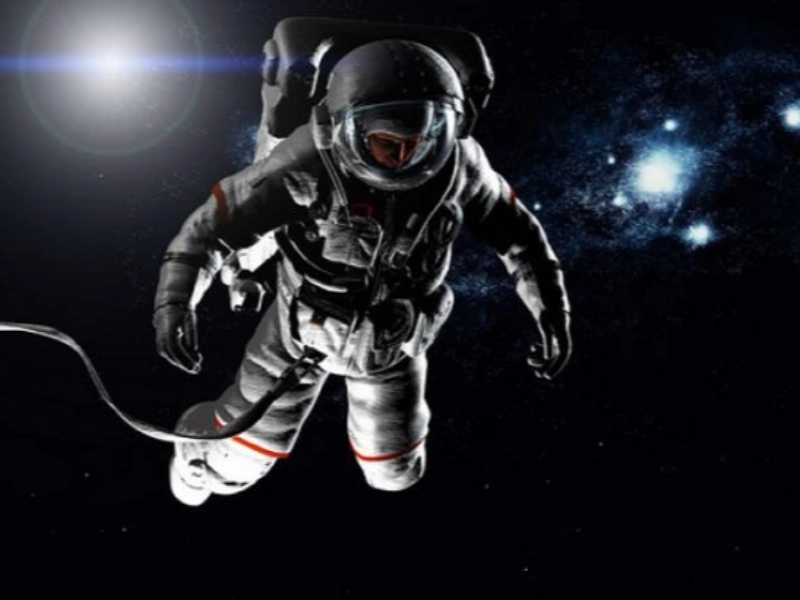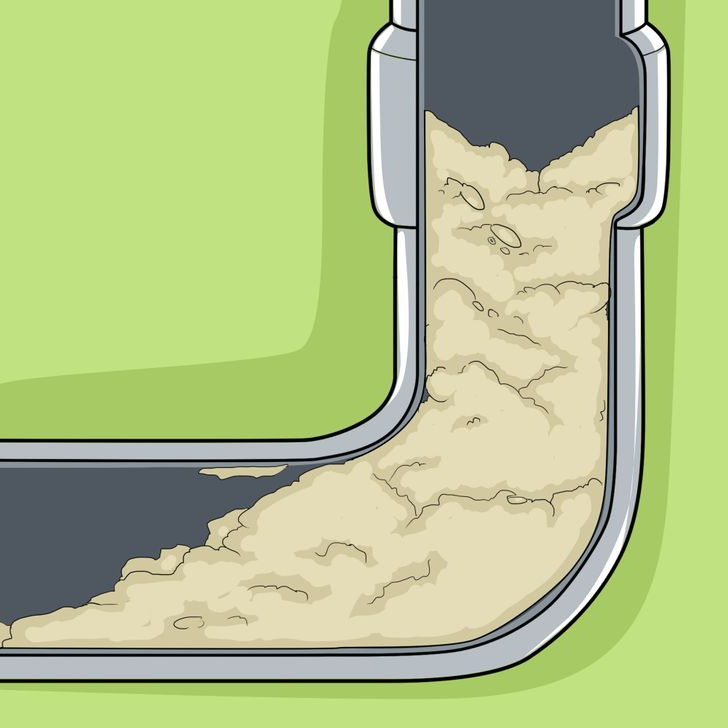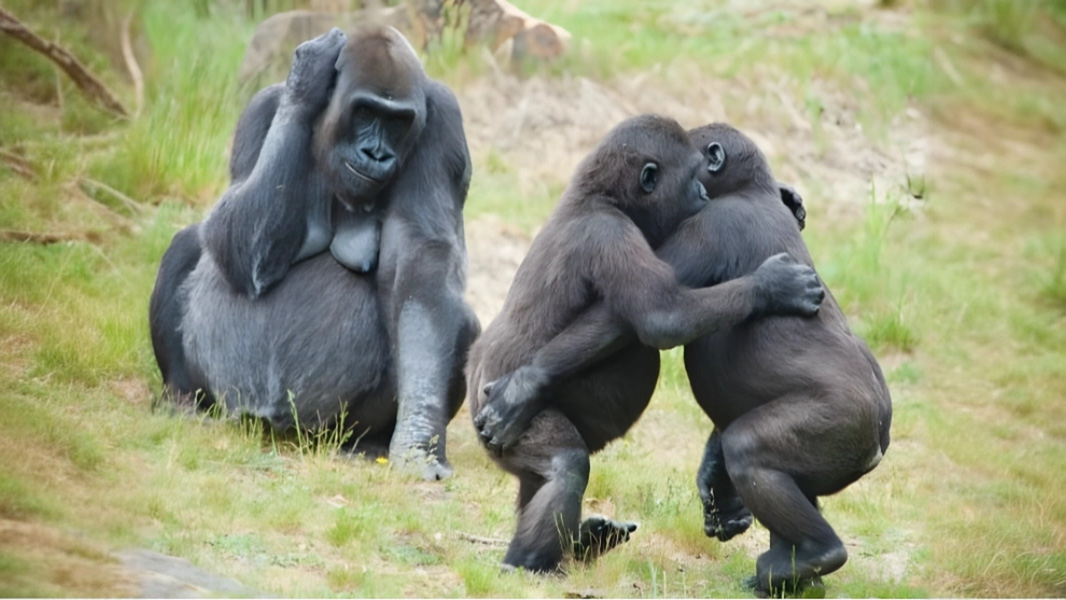In space, there is no gravity.

The idea that space is a gravity-free zone is a common misconception, likely stemming from images of astronauts floating weightlessly in orbit. However, gravity exists everywhere in the universe. The sensation of weightlessness experienced by astronauts is not due to the absence of gravity but rather the state of free fall. Objects in orbit, such as the International Space Station (ISS), are constantly falling toward Earth due to gravity. However, because they are moving forward at such high speeds, they continuously "miss" the planet, creating a state of perpetual free fall. This balance between gravitational pull and orbital motion creates the illusion of weightlessness. Gravity is a fundamental force that governs the movement of celestial bodies, from planets and moons to stars and galaxies. Without it, the universe as we know it would not exist. Understanding the role of gravity in space helps us appreciate the delicate balance that allows astronauts to conduct experiments and explore the cosmos.
Advertisement
Recommended Reading: What Happens If You Eat One Avocado A Day
You are viewing page 5 of this article. Please continue to page 6
























A quiet systems lens.
Strengthens governance posture.